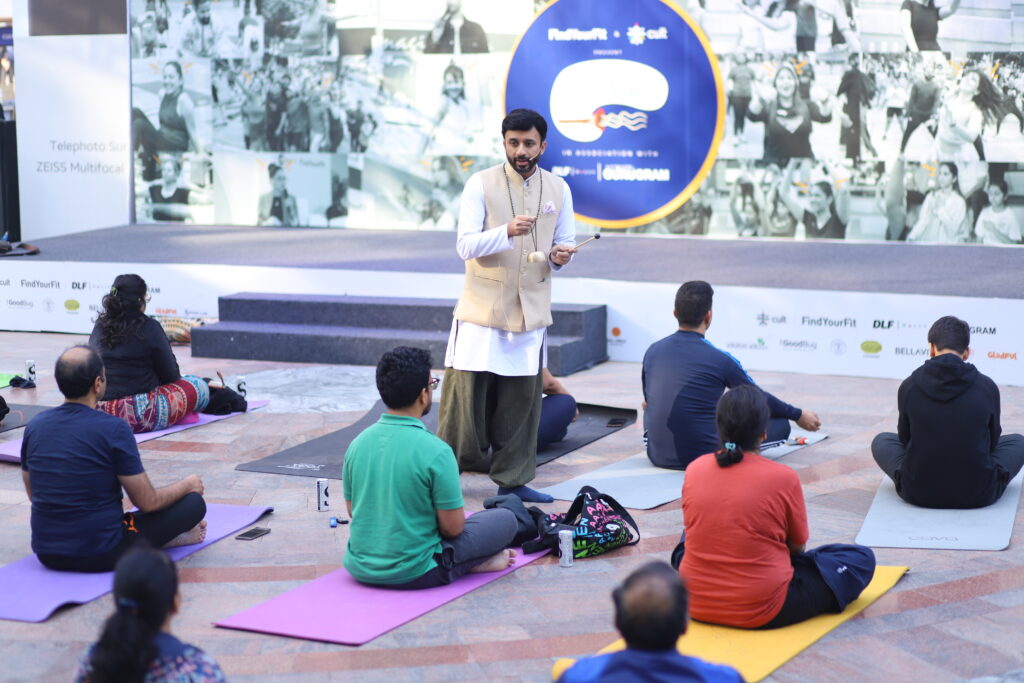
1. Prioritize Nutrient-Dense Foods:
- Best Practice: Plan your meals in advance and focus on incorporating nutrient-dense foods. These include fruits, vegetables, lean proteins, whole grains, and healthy fats. Opt for colorful, fresh produce to ensure a variety of essential vitamins and minerals.
2. Embrace Smart Snacking:
- Best Practice: Keep healthy snacks readily available. Prepare pre-portioned snacks like nuts, yogurt, or cut-up fruits and vegetables, making it easy to grab a nutritious option when hunger strikes. Avoid processed snacks high in sugar and opt for wholesome alternatives that provide sustained energy.
3. Hydrate Throughout the Day:
- Best Practice: Stay hydrated by carrying a reusable water bottle with you. Set reminders to take water breaks throughout the day, ensuring you’re meeting your daily hydration needs. Proper hydration supports digestion, boosts energy levels, and helps control appetite, contributing to an overall healthier lifestyle.
4. Mindful Eating Amidst Chaos:
- Best Practice: Despite a busy schedule, make an effort to practice mindful eating. Slow down, savor each bite, and be conscious of portion sizes. Avoid distractions like screens while eating to foster a better connection with your food, promoting better digestion and satisfaction.
5. Plan and Prep:
- Best Practice: Dedicate a specific time each week for meal planning and preparation. Create a menu, make a shopping list, and cook in batches to save time during the week. Having healthy, home-cooked meals readily available will reduce the temptation to opt for less nutritious alternatives during hectic moments.
A busy schedule doesn’t have to equate to sacrificing your health. By adopting these five simple healthy eating habits and implementing the best practices, you can seamlessly integrate nutritious choices into your daily routine. Remember, investing in your well-being is an investment in the quality and longevity of your busy life. Make small changes today for a healthier, happier tomorrow.
